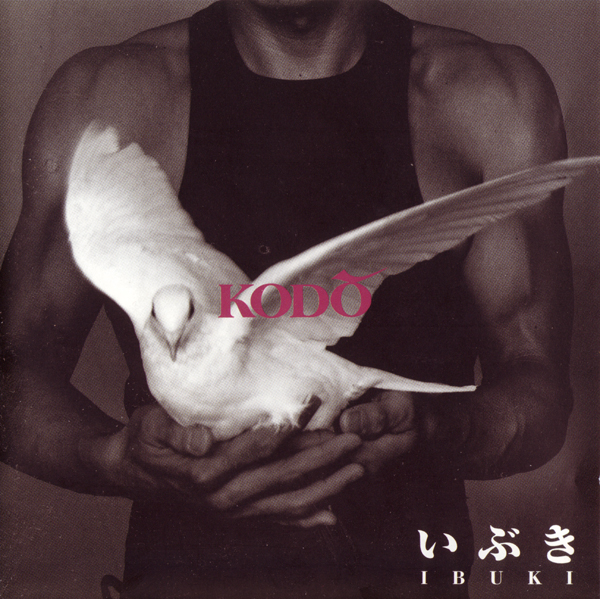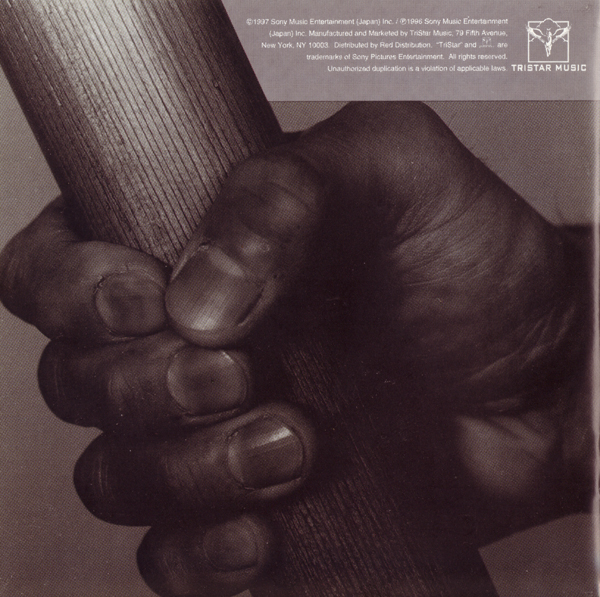KODO




1/ Nanafushi (Naito) 5.12
2/ Nobi (Kaneko) 5.03
3/ Akabanah (Kaneko) 5.05
4/ Zoku -Hachiroku no Maki- (Eto) 7.50
5/ A-Son-Ja-O (Kano) 4.37
6/ The Hunted (Yamaguchi) 6.50
7/ Toki No Koe (Saito) 2.36
8/ Ibuki (Yamaguchi) 5.08
9/ Zoku ~Wave~ (Eto) 4.07
10/ Jang-Gwara (Kaneko) 3.55
Recorded at Sony Music Shinanomachi Studios, Tokyo, July 17-22, 1996
Engineer: Bob Musso
Second Engineers: Takeshi Hara and Hitoshi Hashimoto
Mix Engineer: Takeshi Hara
Produced by Bill Laswell
Co-produced by Keiichi Nakamura
Director: Keiichi Nakamura
Mastered by Mitsuru Kasai
Takeshi Arai, Yoko Fujimoto, Yoshikazu Fujimoto, Kazuki Imagai, Sachiko Inoue,
Ryutaro Kaneko, Yasukazu Kano, Tomohiro Mitome, Tetsuro Naito, Akira Nanjo,
Ayako Onizawa, Eiichi Saito, Hideyuki Saito, Takuro Susaki, Motofumi
Yamaguchi and Michiko Yanagi: vocals, percussion.
All tracks arranged by it's composer
Track 4 arranged by Tetsuro Naito
Track 9 arranged by Ryutaro Kaneko
1996 - Sony (Japan), SRCL 3729 (CD)
1997 - Tristar Music/Sony (USA), WK 36852 (CD)
Note: Bill Laswell does not play on this album.
Adam Greenberg (courtesy of the